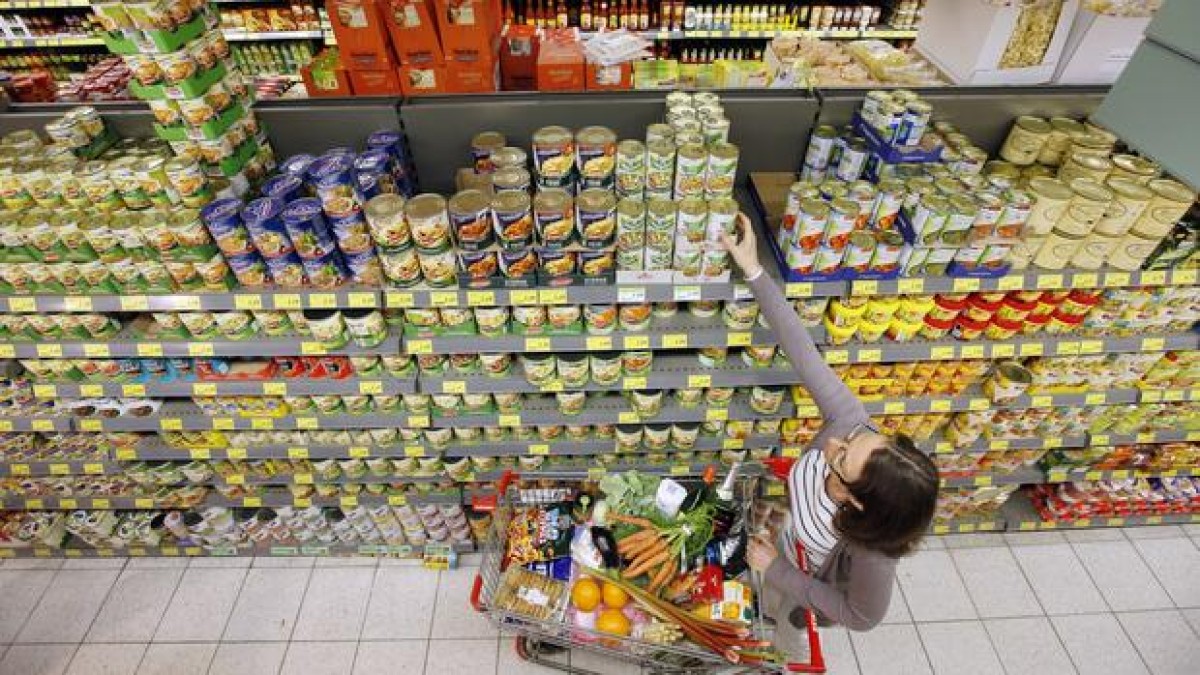 297
297
In Germany, the upward trend in prices at the producer level has weakened significantly, raising hopes of a decline in high inflation. In October, producer prices rose by 34.5 percent year-on-year, according to the Federal Statistical Office in Wiesbaden on Monday. In the previous month, the rate had been much higher at 45.8 percent. On a month-on-month basis, producer prices fell by as much as 4.2 percent. It was the first decline since May 2020.
Energy continues to rise sharply in price year-on-year, but there is noticeable relief in a month-on-month comparison. For example, while energy prices in October were 85.6 percent higher than a year earlier, they eased 10.4 percent from the previous month. According to the statistics office, electricity and natural gas in particular were cheaper on a monthly basis, after there had been some sharp price increases in the months before. Prices for food and intermediate goods continued to rise significantly over the year as a whole.
Surprised by the extent of the slowdown
Experts had expected weaker momentum in producer prices, but were surprised by the extent of the slowdown. The market had expected a significantly higher annual rate of 42.1 percent. On a month-on-month basis, analysts on average had actually expected prices to rise further.
“A spectacular price decline after all the months of significant price increases,” commented economist Jens-Oliver Niklasch of Landesbank Baden-Württemberg. “Perhaps the first signal of some cyclical easing of price pressure.” However, he added, end consumers could not yet really rejoice, as energy prices had fallen, especially for large consumers.
Economist Ralph Solveen of Commerzbank spoke of a sign of hope. However, he said, the decline in prices was largely due to energy prices. For other goods, the previous year’s rate had decreased only slightly, he said. “Thus, today’s figures give hope that the high point of the inflation rate will soon be reached for consumer prices as well.” However, the inflation problem is far from over with this, he said.
Consumer prices in Germany were 10.4 percent higher in October than in the same month a year earlier – the sharpest increase since 1951. The strong upward trend in prices in the German wholesale sector had also recently weakened considerably – the easing trend that can be observed could also be felt by consumers.
Producer prices capture price pressures at producer level by reflecting producers’ selling prices. Developments normally have an impact on consumer prices, which the European Central Bank (ECB) uses to guide its monetary policy. In view of high inflation, the ECB has raised its key interest rates significantly after some hesitation. Further interest rate hikes are expected.
Comment
Post a comment for this article